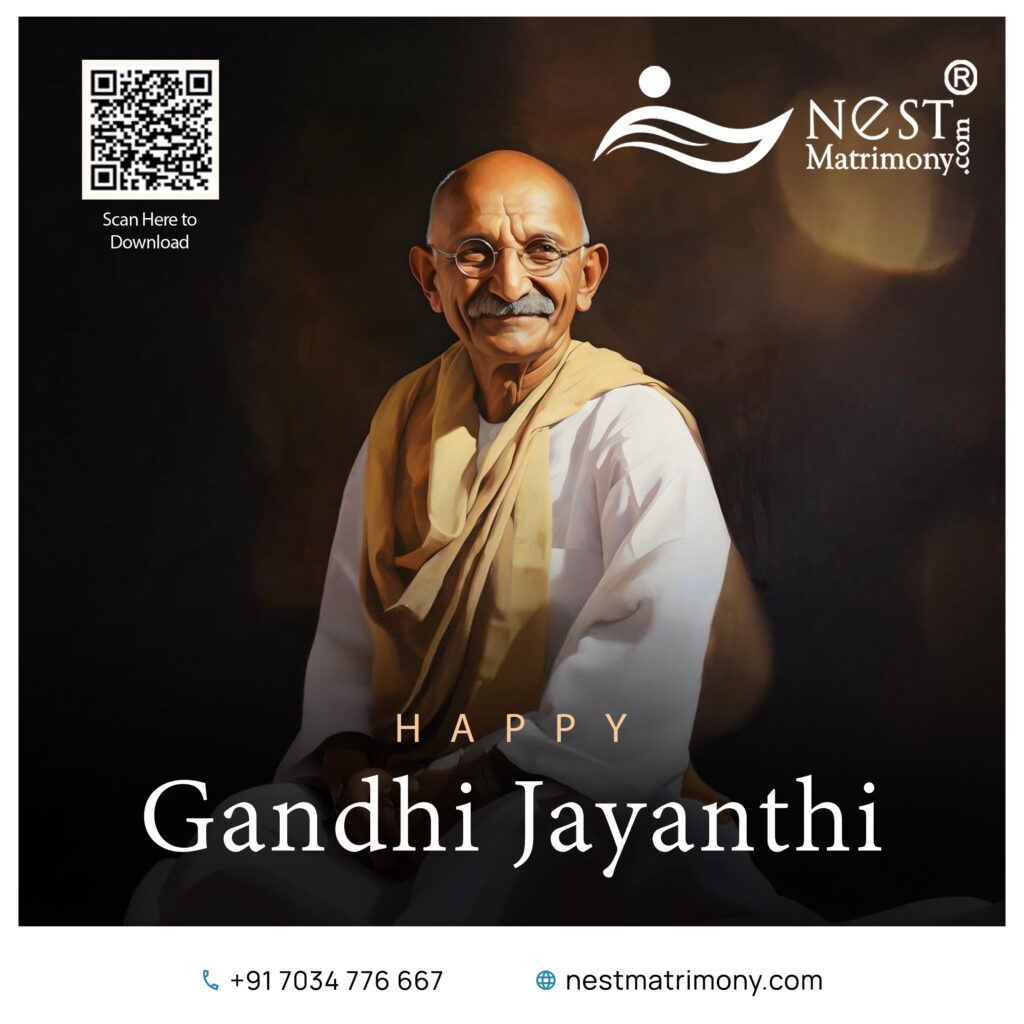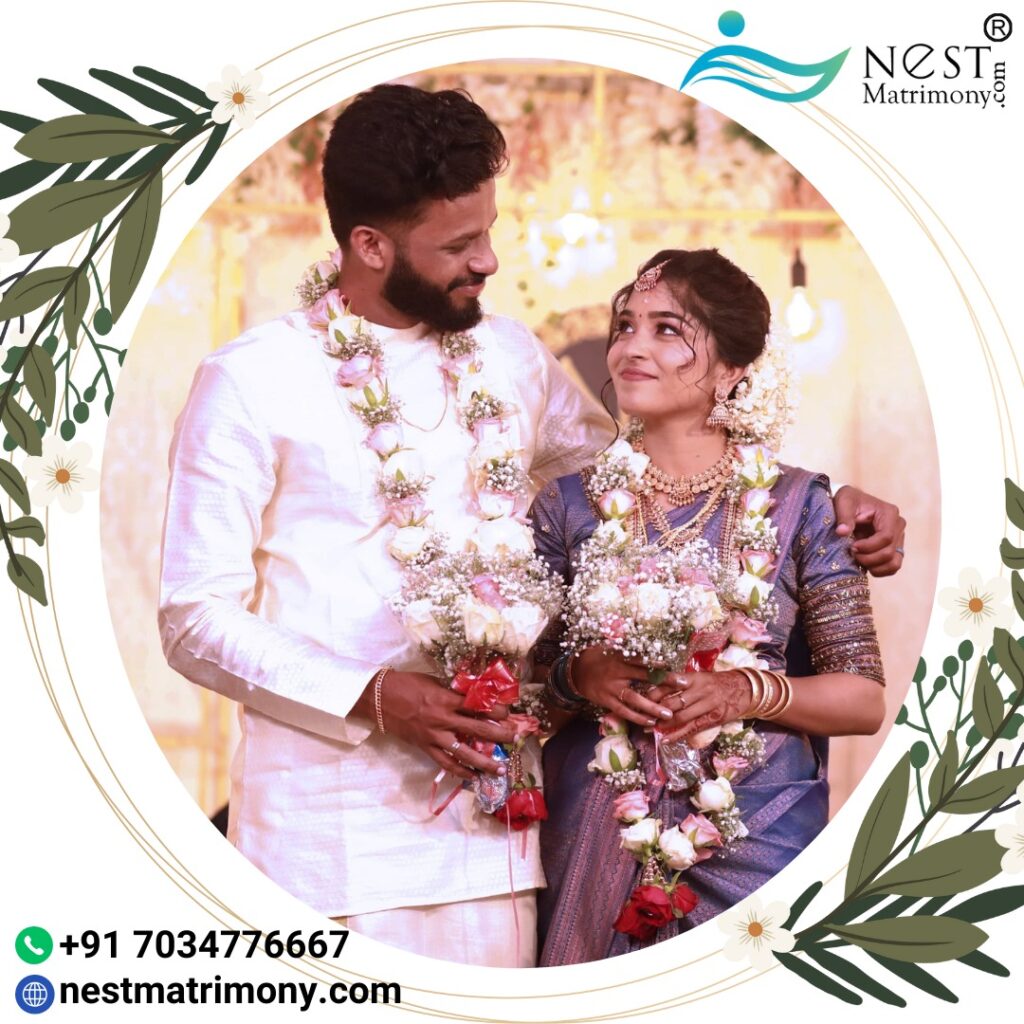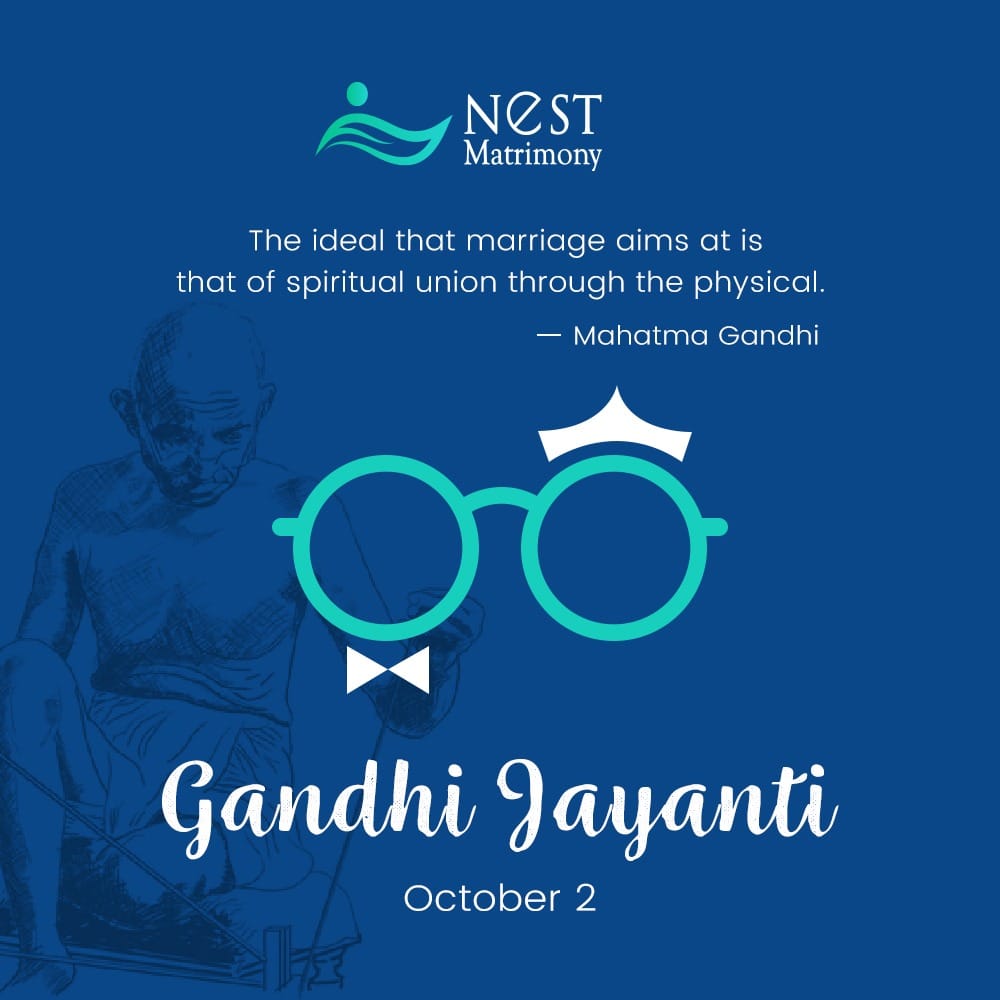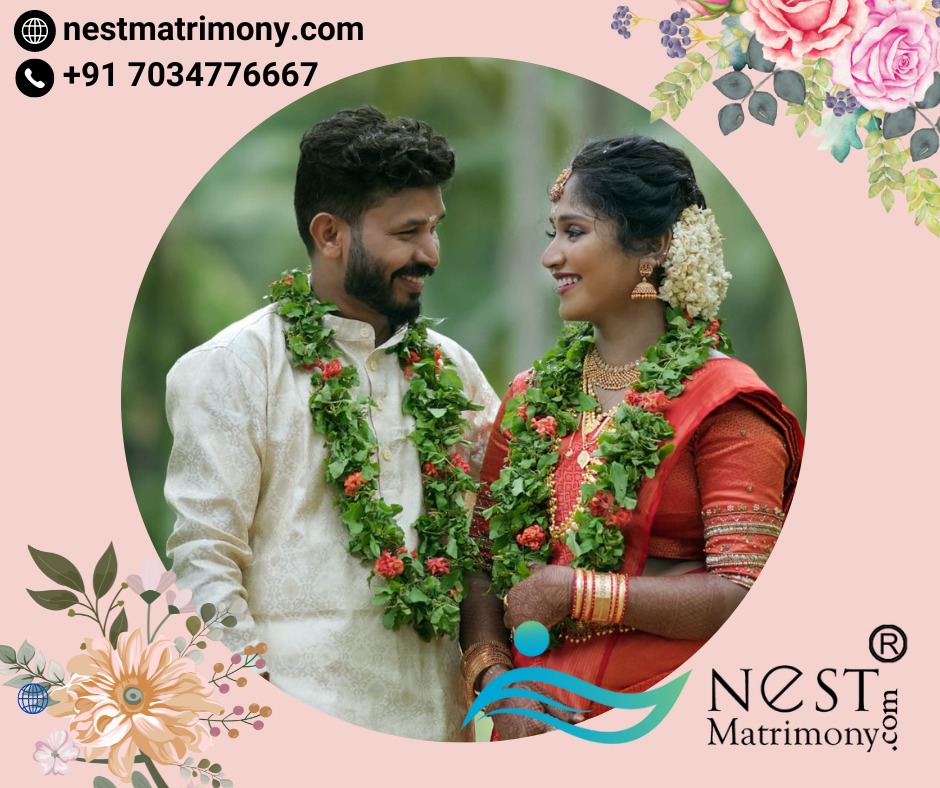The ideal of Marriage |The Voice of Truth |Nest Matrimony
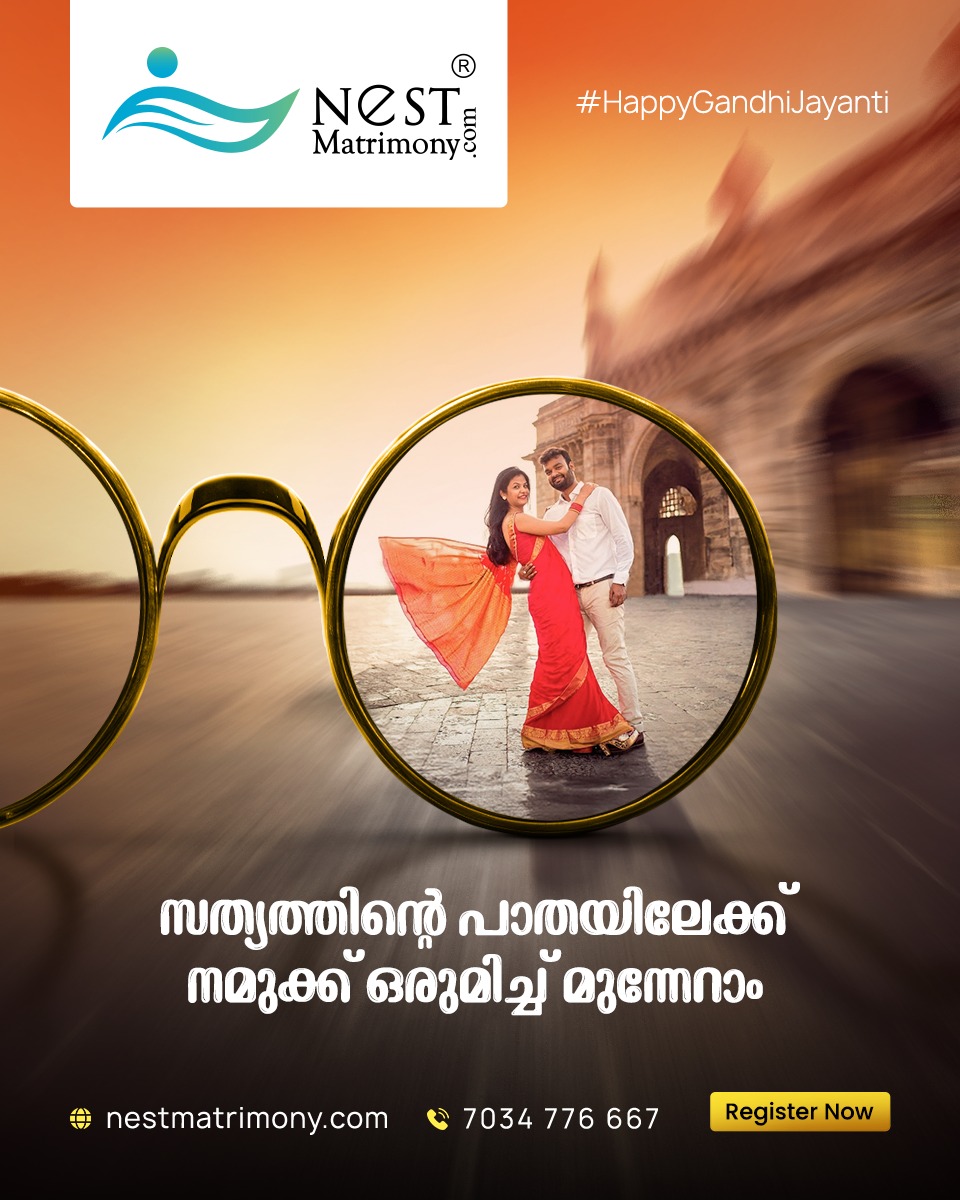
Mahatma Gandhi's ideas on marriage were nuanced and constantly changing, influenced by his own convictions as well as his more general philosophical views on life, responsibility, and spirituality.
https://nestmatrimony.com/campaign
Mahatma Gandhi's ideas on marriage and contemporary perspectives on marriage show important distinctions that have been influenced throughout time by social, cultural, and philosophical shifts.
Thoughts of Gandhiji ,About Marriage
Gandhi married Kasturba Gandhi at the age of 13 in an arranged marriage, which was the norm in Indian society at the time. He later expressed regret about his early marriage, feeling that it had distracted him from his studies and personal growth. This early experience shaped his thoughts on celibacy and self-restraint. Over time, Gandhi began to view marriage through the lens of self-restraint.
https://nestmatrimony.com/campaign
He believed that marriage should not be based solely on physical attraction or sexual desires, but rather on companionship and mutual service. Later in his life, Gandhi took a vow of brahmacharya , seeing it as essential for spiritual growth and self-control. For him, true love in marriage was rooted in sacrifice, selflessness, and the pursuit of higher ideals, rather than romantic or sexual fulfillment.
While Gandhi's personal relationship with Kasturba reflected some of the patriarchal values of his time, he advocated for a more egalitarian view of marriage as a partnership. He believed that both partners should support each other's spiritual and moral development. He was deeply committed to the idea that women, like men, have an equal role in marriage and society. In his later years, he emphasized that marriage should not be a relationship of dominance but one of equality and respect.
Gandhi believed that marriage was a spiritual and moral partnership. For him, it was not just about romantic love or companionship but about mutual growth, sacrifice, and service. He emphasized self-restraint, even within marriage, and the importance of transcending physical desires for higher spiritual goals. Gandhi saw marriage as a commitment to a life of duty and service to others, rather than self-indulgence.
Modern marriages often emphasize love, companionship, and mutual support, but with a greater focus on personal happiness, emotional fulfillment, and individual freedom. Marriage today is often seen as a partnership of equals, where both partners have the right to pursue personal growth and goals. While spirituality may still play a role for some, personal satisfaction and emotional connection are prioritized over the self-denial and celibacy Gandhi advocated.
Nest Matrimony: Supporting the Ideal of Marriage
The above-mentioned values may be promoted by Nest Matrimony, if it is a matching service. Services such as this usually try to pair people according to shared values, aspirations, and cultural or religious views
https://nestmatrimony.com/campaign
Matchmaking services of today, such as Nest Matrimony, may emphasize emotional compatibility, shared values, and deeper compatibility than just physical attraction. This is consistent with the notion that physical attractiveness alone is not enough for a marriage to succeed.
Nest matrimonial services respect the cultural or religious backgrounds of their clients. They might highlight the ideal of marriage as taught in various religious traditions, emphasizing the sacredness of the union and the duty each partner has toward the other.
